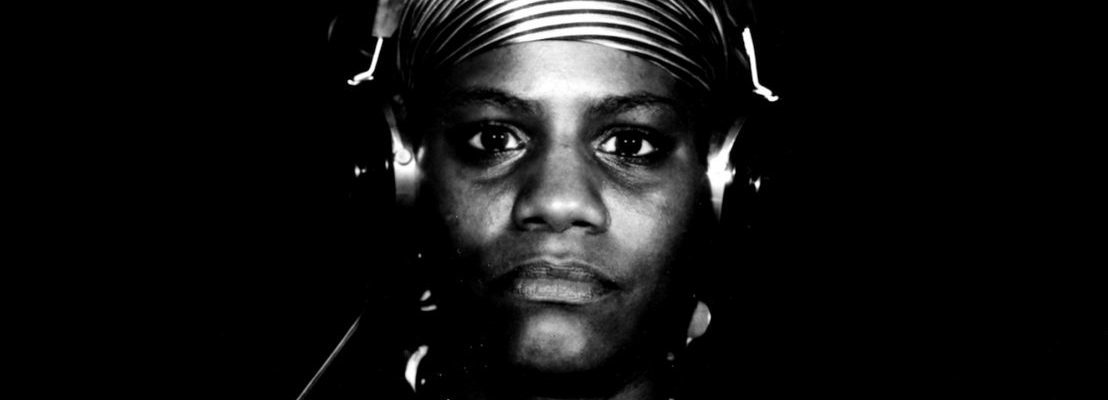Cinema 53: Born in Flames with Kara Keeling, Cauleen Smith and Robert Bird

On the fiftieth anniversary of 1968, Cinema 53 presents revolutionary films and films about revolution, featuring movies from the 1960s-80s that delve into the pitfalls of revolution and explore the emancipatory potential of film. Co-curated by artist Cauleen Smith and UChicago film scholar Robert Bird, 2018 Andrew Mellon Collaborative Fellows for Arts Practice and Scholarship at the Gray Center, the fall series of screenings and conversation is part of their shared endeavor to unpack the revolutionary potential of filmic images.
This evening’s film screening is hosted by Robert Bird and Cauleen Smith, followed by conversation with Kara Keeling.
Born in Flames (Lizzie Borden, 1983, 90m)
Set in a post-revolutionary US, a diverse coalition of women emerges to blow the System apart after the Black radical founder of the Woman’s Army is mysteriously killed. Underground feminist djs, vigilante bike patrols and musical numbers converge in this complex futurist “comedy.” “A right to violence ... is like the right to pee: you’ve gotta have the right place, you’ve gotta have the right time.”
Kara Keeling is Associate Professor in the Department of Cinema and Media Studies at the University of Chicago. Keeling's research has focused on African American film, theories of race, sexuality, and gender in cinema, critical theory, and cultural studies. Current research involves issues of temporality, media and black and queer cultural politics; digital media, globalization, and difference; and Gilles Deleuze and liberation theory. Keeling's book, The Witch's Flight: The Cinematic, the Black Femme, and the Image of Common Sense (Duke University Press, 2007), explores the role of cinematic images in the construction and maintenance of hegemonic conceptions of the world and interrogates the complex relationships between cinematic visibility, minority politics, and the labor required to create and maintain alternative organizations of social life. She is co-editor (with Colin MacCabe and Cornel West) of a selection of writings by the late James A. Snead entitled European Pedigrees/ African Contagions: Racist Traces and Other Writing and author of several articles that have appeared in the journals Qui Parle, The Black Scholar, Women and Performance, and elsewhere. Prior to joining the faculty at USC, Keeling worked as an assistant professor of Media and Cultural Studies at the University of North Carolina at Chapel Hill (UNC), an adjunct assistant Professor of Women's Studies at Duke University, and a visiting assistant professor of Art and Africana Studies at Williams College. At UNC, she was a Spray-Randleigh Fellow and a Fellow at the Institute for Arts and Humanities. She also held a Carolina Postdoctoral Fellowship for two years after graduating with a PhD in Critical and Cultural Studies from the University of Pittsburgh's Film Studies Program in the Department of English. In the summer of 2005, Keeling participated in the National Endowment for the Humanities Summer Institute on African Cinema in Dakar, Senegal. Keeling currently serves on the editorial boards of the journals Cultural Studies, Feminist Media Studies and is the Editor of the Moving Image Review section of Gay and Lesbian Quarterly (GLQ).